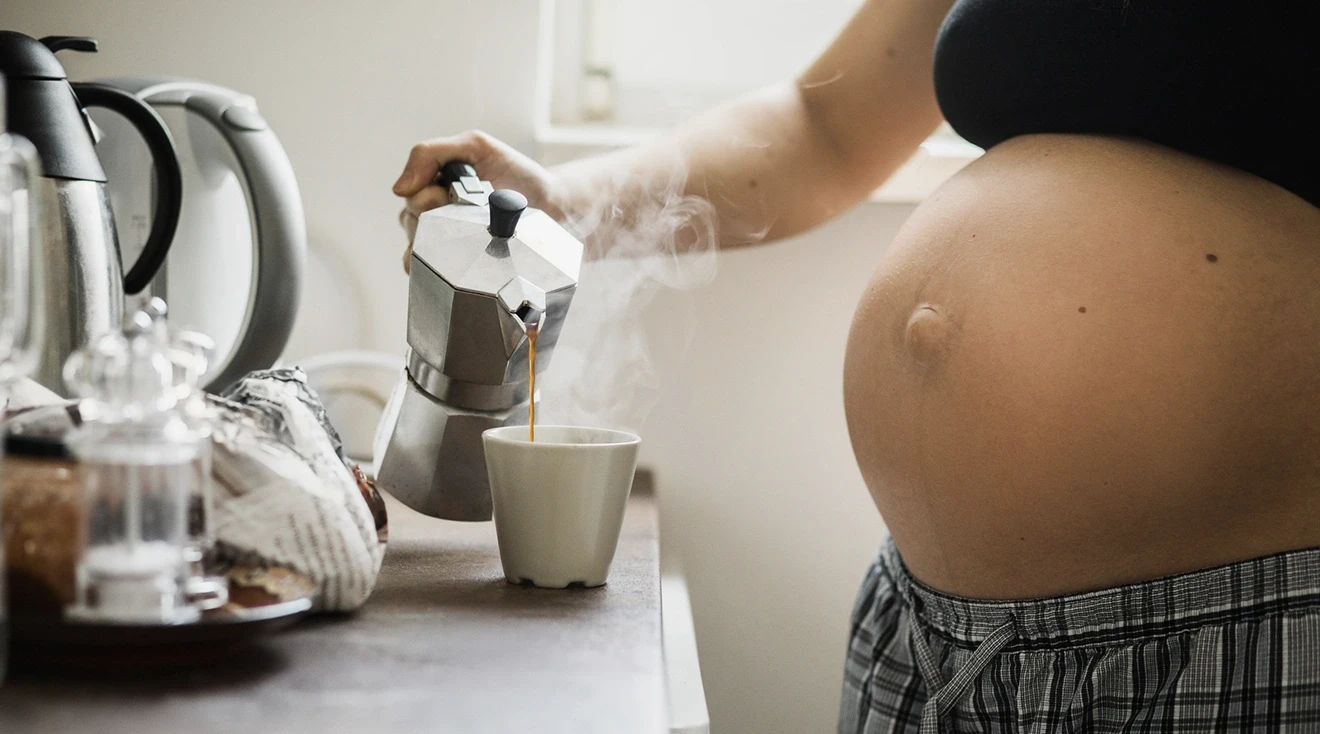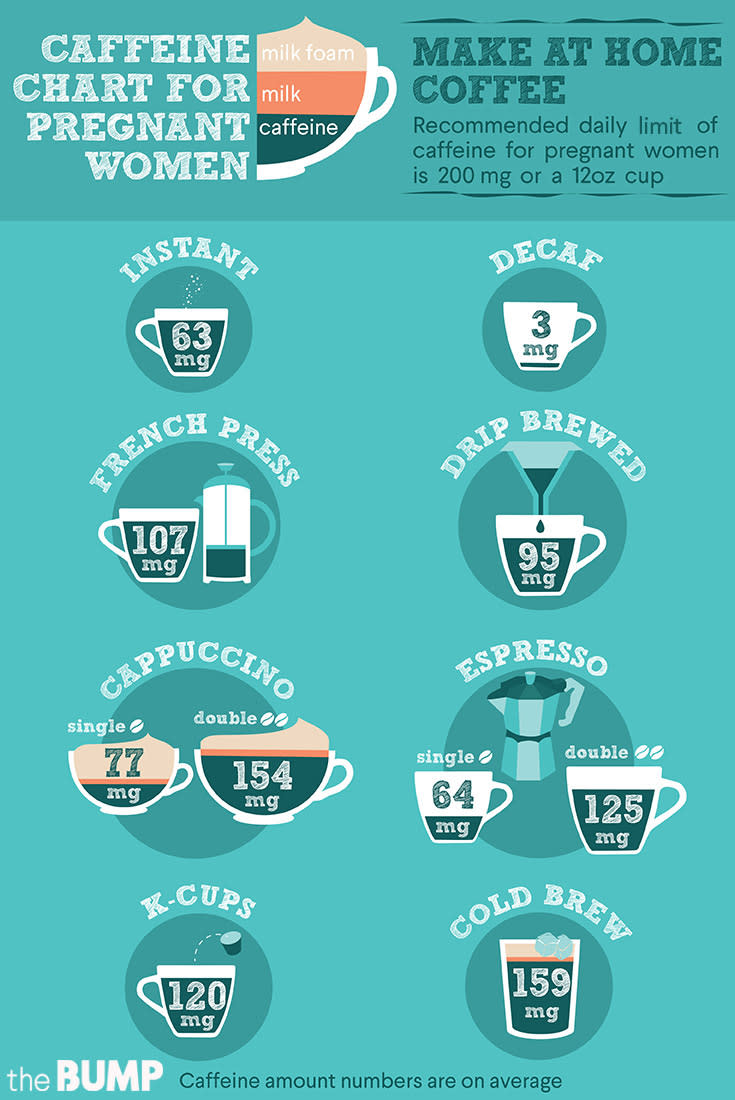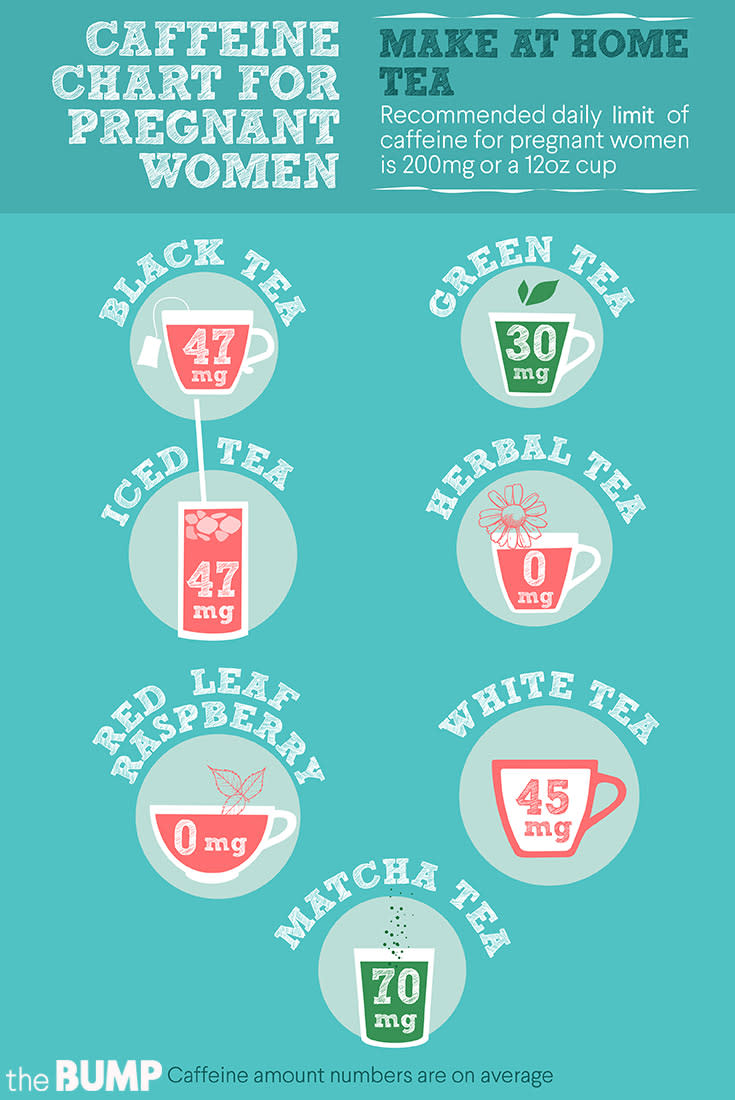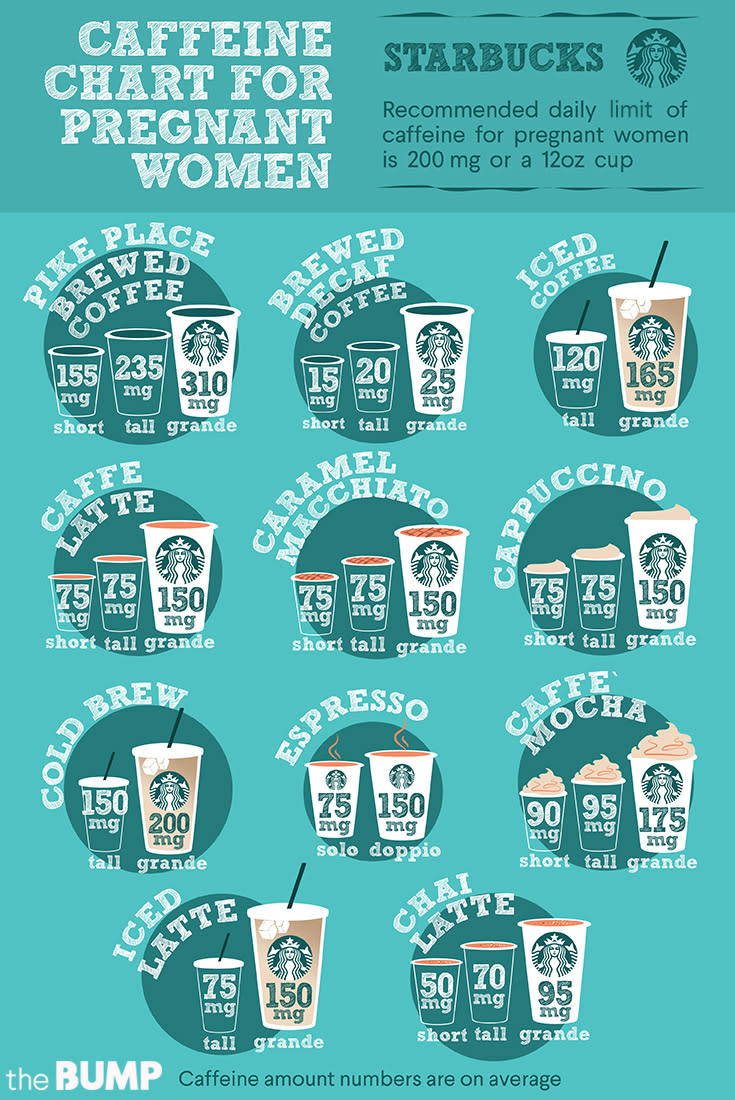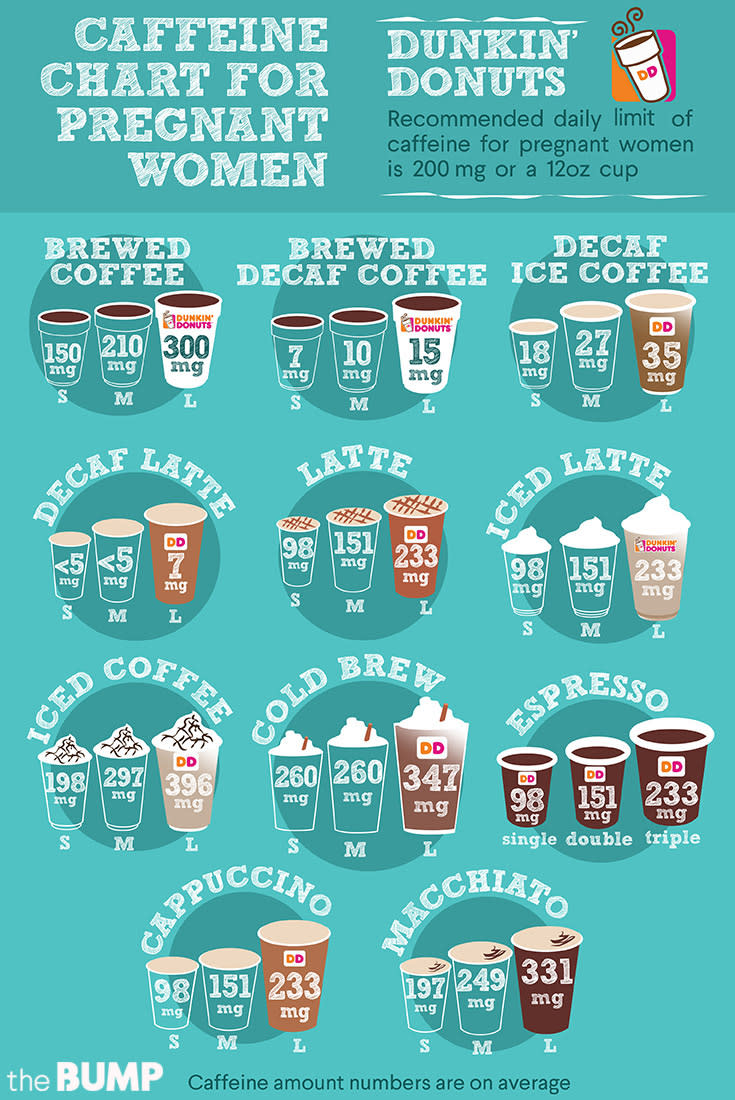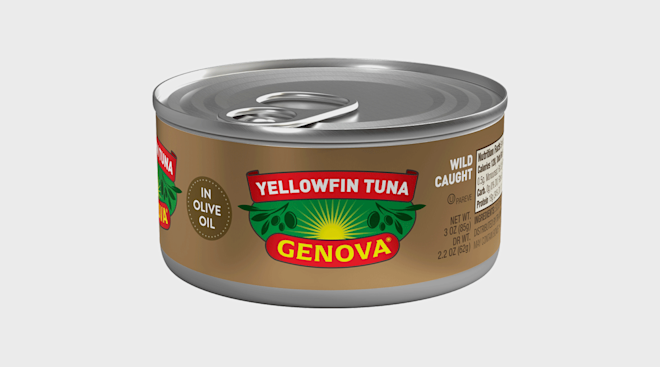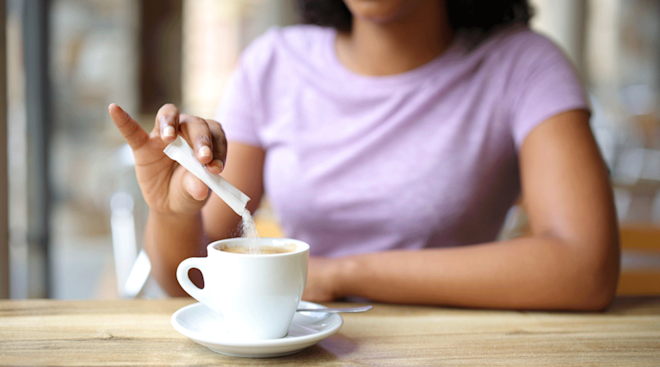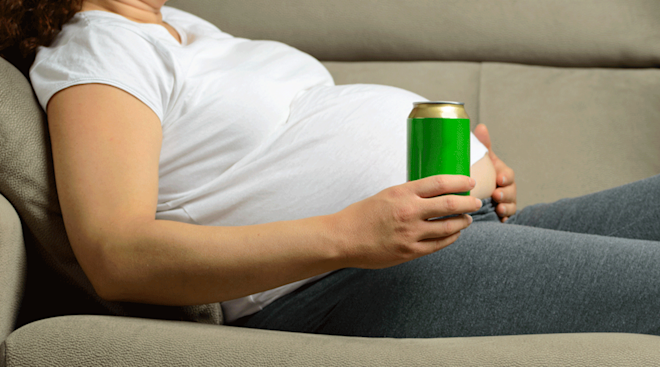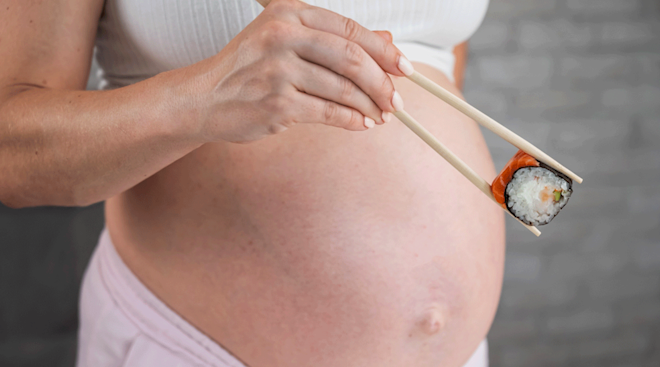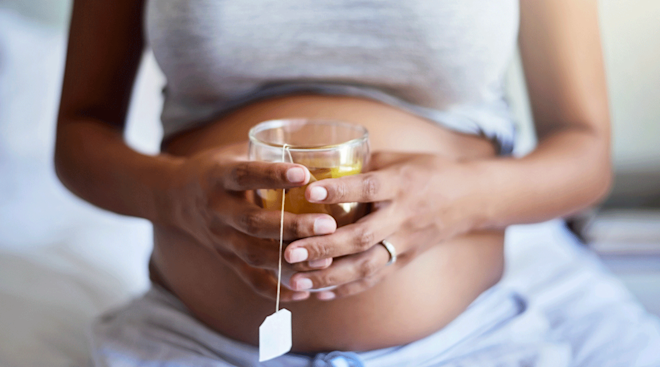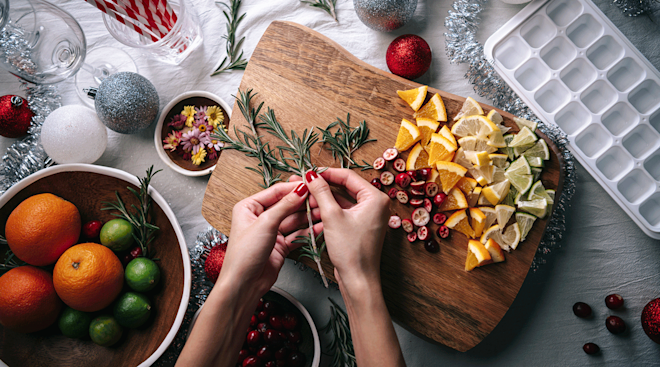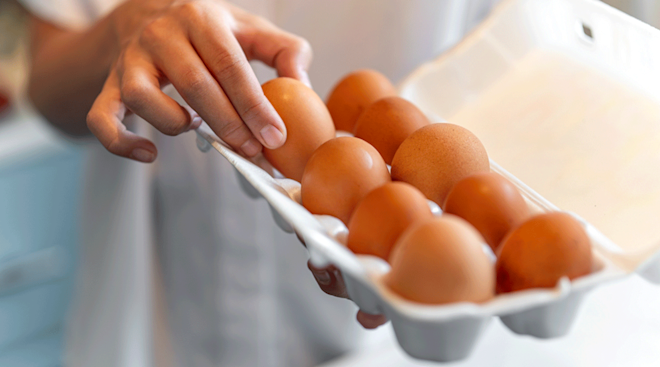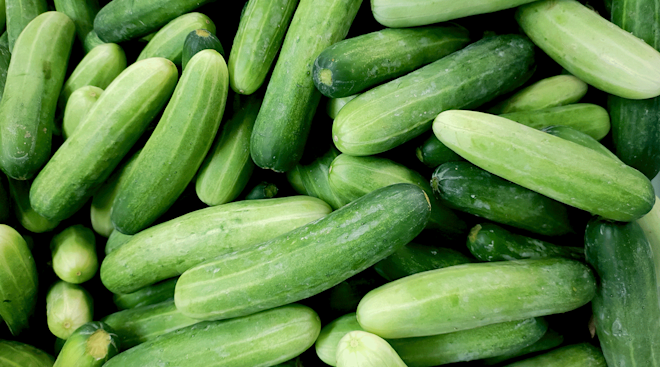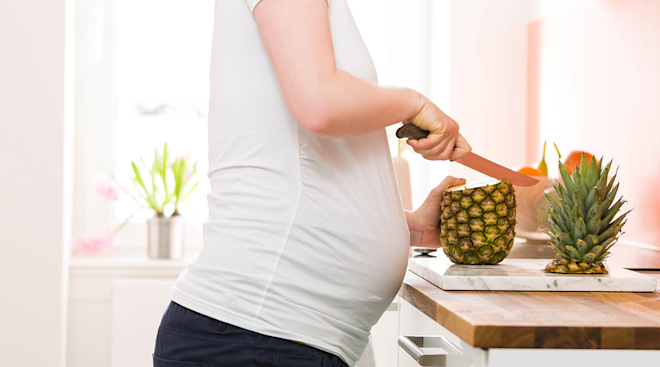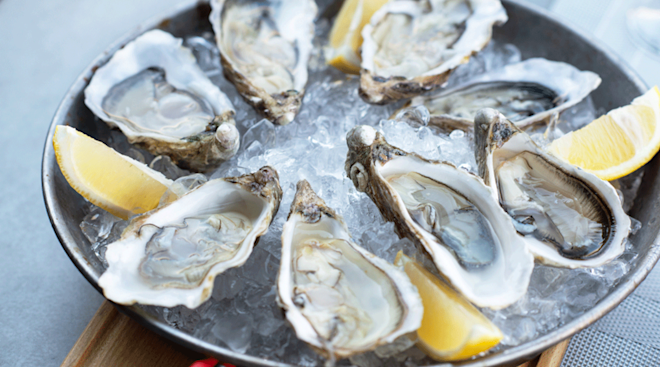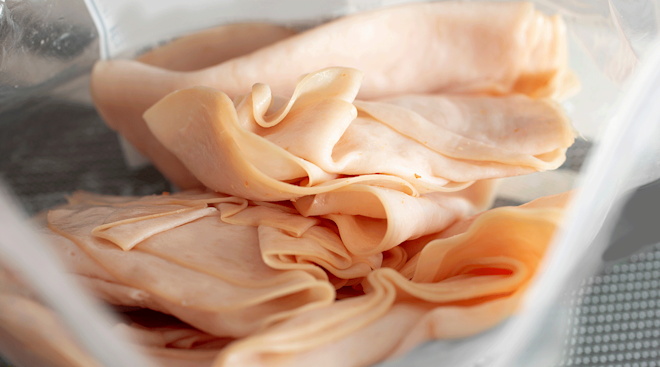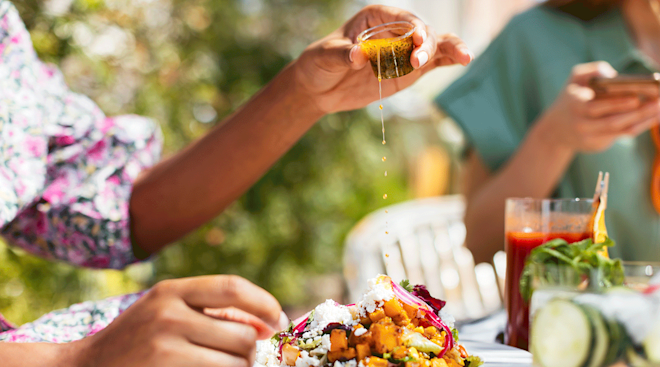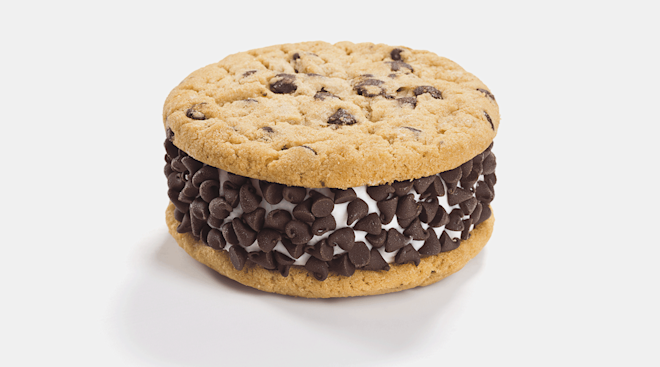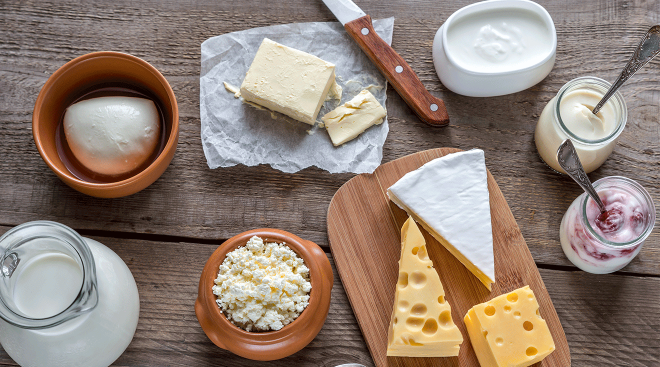Caffeine During Pregnancy: the Real Deal
A nice Brie. The lox on your bagel. A glass of Pinot. There’s already so much you have to give up when you’re pregnant—is it really necessary to lay off the latte too? Hang on to your mugs, ladies, you’re going to like this: The answer to “Can pregnant women drink coffee?”—and tea, for that matter—is: Yes! Yes, you can.
Only to a certain extent, of course: Almost all medical professionals agree that consuming small amounts of caffeine while pregnant is perfectly safe. But still, for those of us who need a boost of caffeine to be civilized in the morning, every delectable drop is greatly appreciated.
“The key for determining which coffees and teas are safer than others is to be aware of the caffeine content,” says Julia Ryan, MD, a neonatologist at Abington Hospital in Abington, PA. That’s because when you load up on caffeine during pregnancy, you’re not the only one who gets a buzz—baby does too. As Shar La Porte, a licensed midwife at Midwifery Care NYC, explains, “Caffeine crosses the placenta and has been found in amniotic fluid and fetal blood samples.” Because the liver isn’t fully developed yet, the jolt to baby’s system is greater than it is to yours, and it takes longer for the caffeine to leave her system.
So what does caffeine during pregnancy do to the fetus once it’s there? For one thing, it can cause baby’s heart to beat very fast, and it can lead to arrhythmia or irregular heart rhythm, which is potentially dangerous, Ryan says. If consumed in large quantities, caffeine during pregnancy can make babies become dependent on it and then, when they’re born, they can be very irritable and exhibit withdrawal symptoms, similar to what happens in the case of drugs.
Fortunately, we’re talking only about large amounts of caffeine during pregnancy here. If you follow a few simple guidelines, you’ll easily stay within safe levels.
According to the American College of Obstetricians and Gynecologists (ACOG), a “moderate amount” of caffeine during pregnancy—defined as less than 200 milligrams per day—“does not appear to be a major contributing factor in miscarriage or preterm birth.”
So how much caffeine is in a cup of coffee or tea? As you’ll see from the handy charts below, how much of your caffeinated drink you can have while pregnant depends on who’s making the coffee or tea and how big the cup is. Check them out, then scroll down for more details on coffee during pregnancy and tea during pregnancy. If you don’t find your favorite sip here, plug it into the search box at Caffeine Informer to find out its caffeine content. Remember, foods, such as chocolate, contain caffeine too, so take them into account when you choose your brew.
Here, a look at how much coffee during pregnancy is safe to drink:
See how much tea during pregnancy is safe to drink:
Caffeine levels can vary widely based on the type of bean, how long it was roasted and how it was brewed. Incredibly, rich, dark roast coffee contains less caffeine than light roast. That’s because beans roasted for much longer burn off more caffeine. (At Starbucks, a 12-ounce serving of dark roast contains 195 milligrams of caffeine; a serving of blonde roast in the same cup contains 270 milligrams.)
But how much caffeine is in espresso? Also to be placed in the “believe it or not” file, it’s not as much as a regular cup of coffee! An ounce generally has 77 milligrams. As potent as that cup is, it’s still a tiny cup—which means you can treat yourself to a jolt of espresso coffee during pregnancy for only half the amount of caffeine found in one 8-ounce cup of brewed coffee. So sip slowly and savor.
As for drinking decaf coffee while pregnant, you can have more than the caffeinated kind, but it’s certainly not a free-for-all. A tall cup (12 ounces) of decaf at Starbucks will set you back 20 milligrams of caffeine for the day, while a decaf instant coffee contains a mere 3 milligrams in an 8-ounce cup, which is the size of a typical coffee cup, not a mug (which can be anywhere from 10 to 12 ounces or more).
Check out how much caffeine is in Starbucks coffee:
Here’s how much caffeine is in Dunkin’ Donuts coffee:
Pass the tea, please! Aside from water, certain teas may be just the perfect fix if you plan on having some form of caffeine during pregnancy. Not only is there generally less caffeine in tea than in coffee, but also many types of tea actually support pregnancy.
Let’s talk about real teas first—the ones made from the leaves of the tea bush—as opposed to herbal teas, which are really infusions of herbs and other ingredients in water. So how much caffeine is in black tea and does green tea have caffeine? Those two popular varieties, as well as white and oolong, contain far less caffeine than coffee. But as with coffee, the caffeine in tea varies depending on how long you’re letting it steep, as well as what type of tea it is and where it comes from.
For instance, if you’re drinking Lipton green tea while pregnant, you’ll be taking in about 16 milligrams of caffeine; but one from Stash Tea delivers around 30 milligrams. An 8-ounce cup of matcha, which is made from powdered, instead of infused, tea leaves, can contain an average of 70 milligrams of caffeine, which is more than a shot of espresso and almost as much as a cup of home-brewed joe. Drinking any sort of green tea while pregnant is completely fine—but, again, just take note of how much caffeine during pregnancy you’re having and how big that cup is.
As for black tea, Twinings Earl Grey offers around 25 milligrams of caffeine for a five minute steep; Tazo Awake, 61 milligrams; and Lipton, 47 milligrams. But a chai latte, which is black tea mixed with spices, can add up to 95 milligrams of caffeine when you order it up in a grande (16 ounces) cup. at Starbucks. Meanwhile, an 8-ounce cup of decaf Lipton contains just 5 milligrams.
When it comes to herbal tea during pregnancy, there’s more to consider. “My concerns about herbal teas stem mainly from difficulties controlling strength and purity,” La Porte says. Since herbs are not regulated by the FDA, it’s tough to determine the quality and type of herbs in each tea.
Also, certain herbs are harmful during pregnancy—and, by extension, so are the drinks made from them. Cohosh tea and pennyroyal tea, for instance, can lead to miscarriage and are teas to avoid during pregnancy. For some women, chamomile tea during pregnancy should be limited because of its anti-inflammatory properties; talk to your doctor about what’s right for you.
Still, there’s a world of other herbal brews that can and should be enjoyed while pregnant. In fact, tea during pregnancy may even make you feel a lot more comfortable. Just purchase a brand you trust. (Those sold at major grocery stores and national retail tea and coffee shops are typically fine.) Here are some of the most helpful caffeine-free infusions to try during pregnancy. Give them a sip. Even if you demand the potent stuff in the morning, these herbal concoctions may be the perfect thing to tide you over till your next caffeine fix.
- Ginger tea for pregnancy helps soothe the nausea and vomiting related to morning sickness
- Rooibos tea for pregnancy contains calcium and antioxidants, nutrients that help with baby’s development
- Peppermint tea for pregnancy can help ease digestive issues and heartburn
- Red raspberry leaf tea for pregnancy can support the uterus and helps the body prepare for labor
Please note: The Bump and the materials and information it contains are not intended to, and do not constitute, medical or other health advice or diagnosis and should not be used as such. You should always consult with a qualified physician or health professional about your specific circumstances.
Navigate forward to interact with the calendar and select a date. Press the question mark key to get the keyboard shortcuts for changing dates.
































